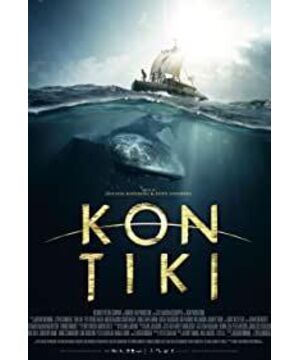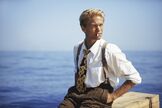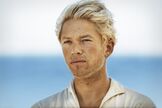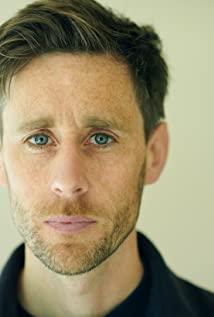Strictly speaking, it is not the unknown course, but to prove the known, a kind of walking at the forefront of modern civilization, just to go back to the Peruvian voyage 1500 years ago, and to look at the spirit of human past from modern times. But whether unknown or known, they are all things in the universe that already exist, and human beings are just trying to explore the world outside the cage from the limitations of civilization constructed by themselves.
But this kind of unknown or non-civilization comparison is a spiritually abstract thing. The movie probably has no real ability or attempt to describe it. The 5,000-mile voyage actually presented by the movie seems to have only the beginning and the end. Many seas The adventures and wonders of Pi are similar to those of Junior Pi, of course, they are relatively realistic and less cruel, and even smooth. But before the raft really heads for a great route, the real conflict and tension still come from the crew's heart.
The focus of the film is still on the archaeologist Saul who initiated this journey. From his childhood fascination with adventure, to the process of building the Kantic based on his beliefs, to all kinds of doubts and determination after the voyage was really launched. His dialectic, and his certain allegorical situation facing dreams and turning away from his wife and children. His companions and salesmen who sell refrigerators, veterans who are embracing the shadow of war, and other friends or scholars who yearn for adventure, to some extent have detached themselves from the troubles of the original world in the course of voyage. But the movie is not showing off motivation and passion, but showing people's desire for adventure, fear, and doubt.
Perhaps the adventure process or the depiction of human conflicts may not fully satisfy the audience, but at least the ocean scenery is quite beautiful. A scene drawn from a raft in the sea to the outside of the earth is quite shocking, and perhaps even more beautiful is the Kandy base station. The setting sun of the course, the light and shadow reflected by the sun on the sea are just as the protagonist said. The ocean is not a hindrance but a way of communication. Even if a group of people finally reach the destination, the protagonist’s eyes still fall on the road mirrored by the setting sun. . People's desire and ambition to conform to and conquer nature are reflected on the protagonist's face. People are so small and huge. The journey begins at the moment the ship leaves the shore and ends on the calm beach.
So maybe the movie didn't try to make this film a real adventure movie. It's a historical record with a human focus. The arrangement of the shots and the characterization of the characters have repeatedly demonstrated the angle of the director's cut. I personally like this kind of meticulous scene scheduling and historical re-enactment. I didn't juggle too many movie tricks, and simply told a plain but infinitely extending story.
View more about Kon-Tiki reviews











